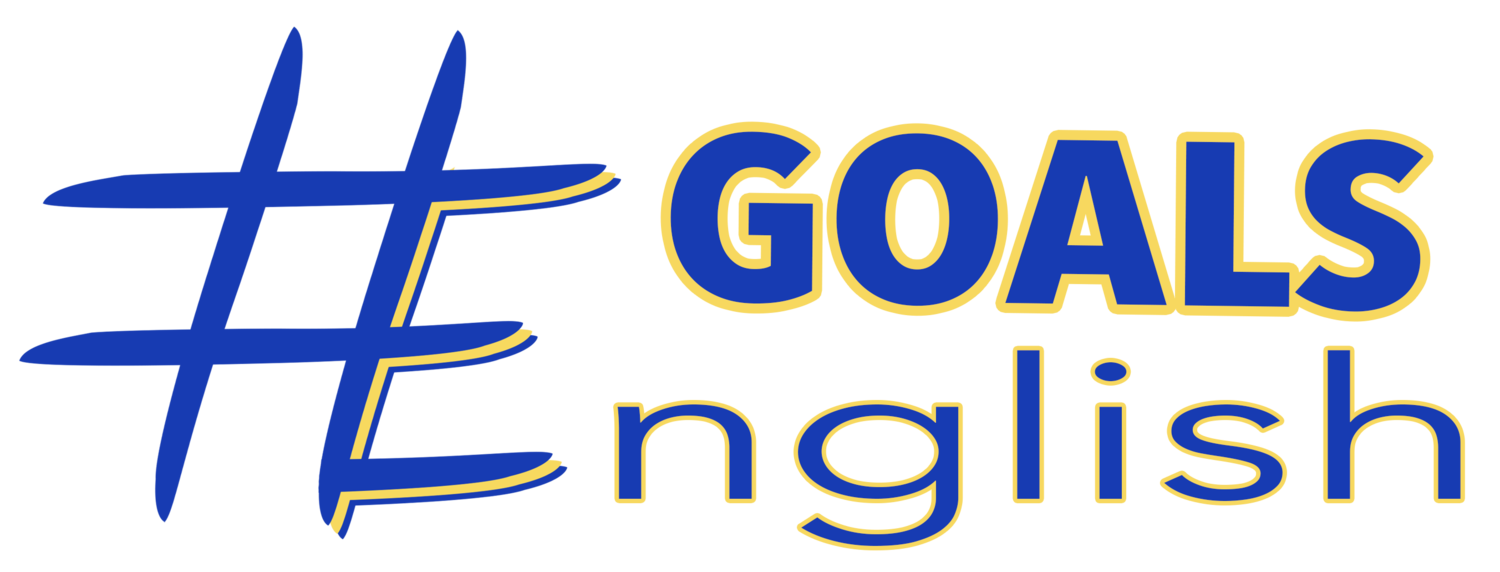This blog today was inspired by a question I got from an English learner on Instagram. She sent me a post from an English teacher and asked me if the lesson was correct…
It wasn’t.
That made me wonder just how many English lessons are floating around on the internet, teaching people incorrect or incomplete English lessons on grammar, vocabulary, and even pronunciation.
So, how do you know if the English lessons you are finding are correct?
It would be fastest and easiest to ask someone who is fluent and proficient in English at a native or near-native level.
If you don’t have someone you can ask for help here is the method I suggest:
Search for the English phrases in Google.
For example, the lesson I was sent today on Instagram claimed that this was a correct sentence:
“It is monday today.”
It also claimed that this is an incorrect sentence:
“Today is monday.”
I know, right away, that both of these claims are not exactly correct.
First of all, Monday should be capitalized. The teacher did not capitalize Monday in either sentence, showing that they are still making very common mistakes in English. However, the claims about the grammar and sentence structure are also incorrect. So how could a non-native speaker figure that out?
If I was an English student, and didn’t know the correct English sentence, I could use a simple Google search to give me some clues.
What happens when I google both phrases? “It is monday today.” / “Today is monday.”
Most of the search results say: “Today is Monday.”
Ah ha! This is most commonly used by native speakers.
“It is Monday today,” isn’t technically incorrect, but it sounds strange and overly formal.
There were some search results that did say “It is Monday today,” but they were mostly from English students asking questions about the phrase, not proficient English speakers using it in blog posts or forum questions.
So, from the most popular Google search results, I now know: “Today is Monday” is correct and most commonly used.
You can also use this method to check your own English sentences!
This method isn’t perfect, and it certainly doesn’t replace taking English classes, or studying from a book, but it works for simple, short sentences in English.
By reading the search results and seeing the grammar used, you will begin to understand the patterns found in English.
Let’s try an example: I make cooking.
I googled this sentence and I found a lot of results about cooking, and even one that said “How to make cooking fun.” I didn’t see any sentences with this exact phrase though! The grammar of that sentence is incorrect, so you probably won’t find it!
Just to be sure, I googled it again, this time adding quotation marks for more specific results. Here are some sentences I found:
“I make cooking videos.”
”I make cooking look good.”
“I make cooking fun!”
“How can I make cooking feel like less of a chore?”
Do you see the pattern? I can make videos, I can make (something) look good, I can make (something) fun…. but I can’t “make cooking.”
The sentence “I make cooking.” Is grammatically incorrect.
What about this sentence: “I love cooking.”
I searched with the quotation marks right away and what did I find? Tons and tons of results that say “I love cooking.” This sentence is grammatically correct and very popular!
Note: Everyone makes mistakes sometimes! Even teachers!
Hey, we’re all human. Every student, every teacher, every human makes mistakes, and especially when it comes to something as complex as the English language! I don’t want you to read this blog post and think, “Oh my teacher made a mistake! That’s it! New teacher time!”
No! I make mistakes. All of my teachers in school made mistakes. Native English speakers with PhDs and 30+ years of teaching experience still make mistakes!
HOWEVER, if you are looking for an English teacher and they are consistently making beginner level English mistakes, especially when the whole lesson is based on that incorrect teaching… it might be time to find a different teacher (or at least double check the things you are learning with another source).
I hope you found this quick English tip helpful. If you try this method, leave me a comment and tell me what you learned!
Let me know if you have any questions, I’m happy to help!
If you’d like to work with Monica (that’s me!) to improve your English fluency and American accent, please CONTACT ME to find out more about my English lessons. I offer a free 15-minute consultation to prospective students so you can meet me and ask questions about my classes.
I truly believe with some time, effort, and the right teacher, you can reach your English goals!




